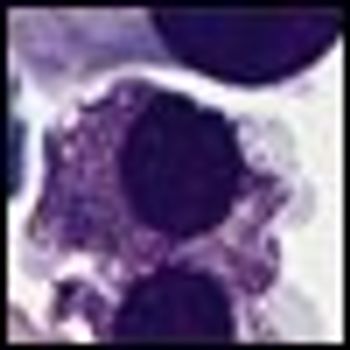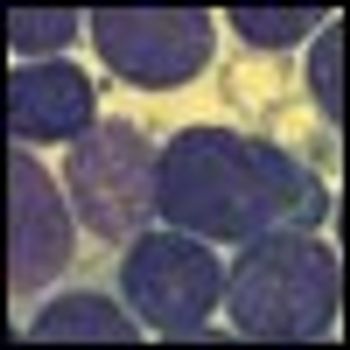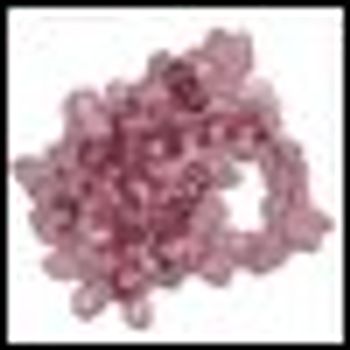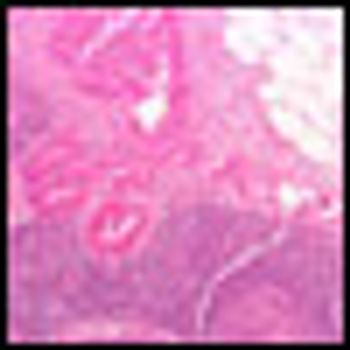Articles by Lynne Peeples

While overall mastectomy rates have dropped in recent years, more and more women with cancer in one breast are opting to have both breasts removed. The trend has left many researchers questioning whether contralateral prophylactic mastectomy (CPM) is getting overused, or if it simply reflects a better recognition by both patients and physicians of who is likely to develop breast cancer.

A growing understanding of the biology behind myelodysplastic syndromes (MDS) is leading the way to improved treatment options, according to two presentations at the American Society of Clinical Oncology (ASCO) Annual Meeting in Chicago.

Metastatic melanoma maintains a growing presence around the world, and a steady disregard for treatment efforts. But two novel drugs presented at the American Society of Clinical Oncology (ASCO) Annual Meeting in Chicago, on Sunday, suggest that medicine might finally be ready to fight back against the deadliest form of skin cancer.

Despite dramatic improvements in survival for children and young adults with acute lymphoblastic leukemia (ALL), treatment failure in the central nervous system remains a constant foe.

Triple-negative breast cancer (TNBC) continues to carry a poor prognosis. However, novel prognostic and potentially predictive biomarkers may soon improve that bleak outlook, according to a series of studies presented on Saturday at the American Society of Clinical Oncology (ASCO) Annual Meeting in Chicago.

The growing popularity of personalized cancer care has increased interest in tools that can guide physicians to the best-tailored therapies for their patients.

Dr. Muss and his colleagues investigated the use of adjuvant chemotherapy in patients with lymph node-positive breast cancer to determine if older people got the same "bang for the buck" as younger people when given more aggressive modern regimens.

Clinicians traditionally look to lymph node status when determining breast cancer prognosis. But do the nodes really deserve such attention?

Adding a third dimension to the therapeutic field and reversing treatment planning may provide safer and more effective dose delivery, according to recent studies discussed at the Miami Breast Cancer Conference.

Rapid advances in the prevention, diagnosis and treatment of breast cancer keep clinicians on their toes. And this last year offered no reprieve, according to Debu Tripathy, MD, who highlighted several recent shifts and refinements to practice in his talk at the Miami Breast Cancer Conference.

















